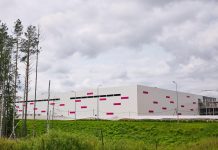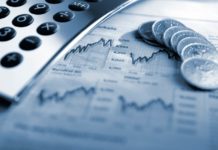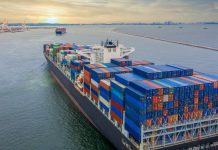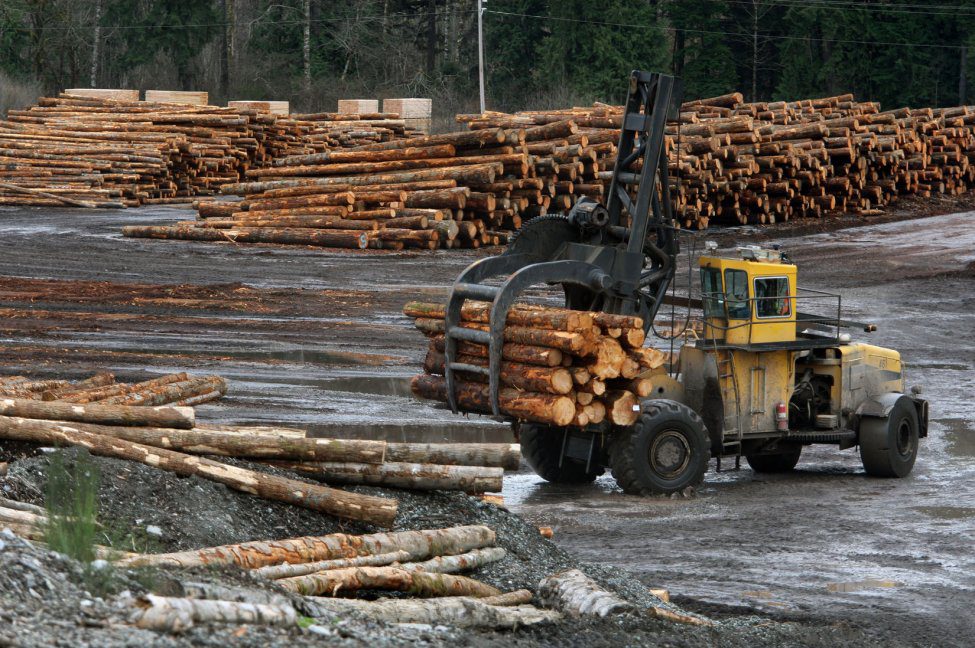The EU Deforestation Regulation (EUDR) represents one of the most ambitious global policies to combat deforestation and promote supply chain transparency. However, the recent delay in its implementation highlights the complexities of international trade, regulatory enforcement and the increasing demand for traceability. While some may view the postponement as a setback, many forward-thinking businesses are using this time to gain a competitive edge. Written by Anna Roberts, Head of Market Development, iov42 | Interu
Why the delay?
The EUDR was initially set to take full effect at the end of 2024, but concerns over the readiness of the European Commission’s information system, the readiness of operators and auditors to meet stringent due diligence requirements and pressure from key trade partners contributed to its postponement until the end of 2025. The delay reflects the challenges of enforcing such a comprehensive EU regulation across diverse global supply chains. Many businesses have struggled to meet the requirements for traceability and risk assessment.
Despite these hurdles, some industry leaders are not waiting for the final deadline. As one European Timber Trader noted: “Our customers are asking us to prove we can help them to be compliant now. They are not waiting until the end of 2025, so we can’t either.” This proactive approach demonstrates how businesses are seeing compliance not just as an obligation but as an opportunity to strengthen their market position. When a customer speaks, the market listens.
Voices from the field
Many companies are facing significant challenges, particularly in securing traceability information from suppliers, with one Operator telling us they had to cut ties with 50% of their suppliers because they were not able (or willing) to provide the required data.
This is particularly challenging for organisations managing vast networks of tier-one suppliers, sometimes numbering in the thousands. Ensuring these suppliers provide accurate and verifiable traceability data back to source in their own supply chains demands strong change leadership within companies, fostering transparency and accountability across supply chains. Beyond traceability, operators must also demonstrate compliance with producer country legality requirements, proving that their supply chains are free from human rights abuses, land use infringements and environmental violations.
However, rather than allowing this to hinder progress, businesses are taking decisive action. A South American Exporter/European Importer said: “The EUDR may be delayed, but we have worked hard to ensure we can meet new requirements and see a huge competitive advantage in being able to do so.” This sentiment is echoed by a European Builders Merchant, who sees the delay as an opportunity to lead in compliance readiness: “We’re going to use the time to become a leader in how we’re setting up for EUDR. We know that doing so now will give us a real competitive edge.”
The future of traceability
One of the key takeaways from the delay is the need for greater transparency and traceability in global supply chains. The requirement for geolocation data, deforestation risk assessments and compliance documentation is prompting businesses to rethink supplier relationships. Companies that take steps now to pre-screen suppliers and build robust due diligence frameworks will be better positioned when enforcement begins.
Beyond compliance, enhanced traceability can serve as a tool for mitigating future risks. By ensuring that suppliers meet sustainability standards before regulations come into force, businesses can future-proof their operations against evolving environmental policies.
We are also increasingly being asked what role AI can play in helping organisations reach compliance. We believe AI should be seen as a co-pilot to help gather information and automate repetitive tasks, but it should not be a replacement for human judgement. In a recent conversation with a Dutch certification body and EUDR specialist we heard: “AI is incredibly useful, but it has limits—especially when it comes to risk assessment. Some companies are marketing AI as a decision-making tool, claiming it can deliver compliance with a “green check mark.” That’s a dangerous oversimplification. Take the Netherlands’ competent authority as an example. They’ve made it clear they won’t accept risk assessments based on AI alone. Even if an AI system is vetted by accountants, those accountants won’t be paying the fines if something goes wrong.”
By integrating AI thoughtfully, it can help businesses navigate the challenges of regulations like EUDR while staying grounded in the realities of supply chain management.
Turning compliance into a competitive advantage
While the delay has provided additional breathing room, it has also intensified the focus on sustainability as a market differentiator. With 80% of consumers willing to pay more for sustainably produced or sourced goods, customers and investors are increasingly prioritising ethical sourcing, and businesses that can demonstrate robust due diligence processes are more likely to attract long-term partnerships.
The EUDR delay is not a reason to pause progress – it is a chance for companies to strengthen their compliance frameworks, build stronger supplier relationships, and position themselves as leaders in sustainable trade.
With environmental action more urgent than ever, those who move early will not only meet regulatory demands but also secure a long-term competitive advantage in a rapidly evolving marketplace.







































